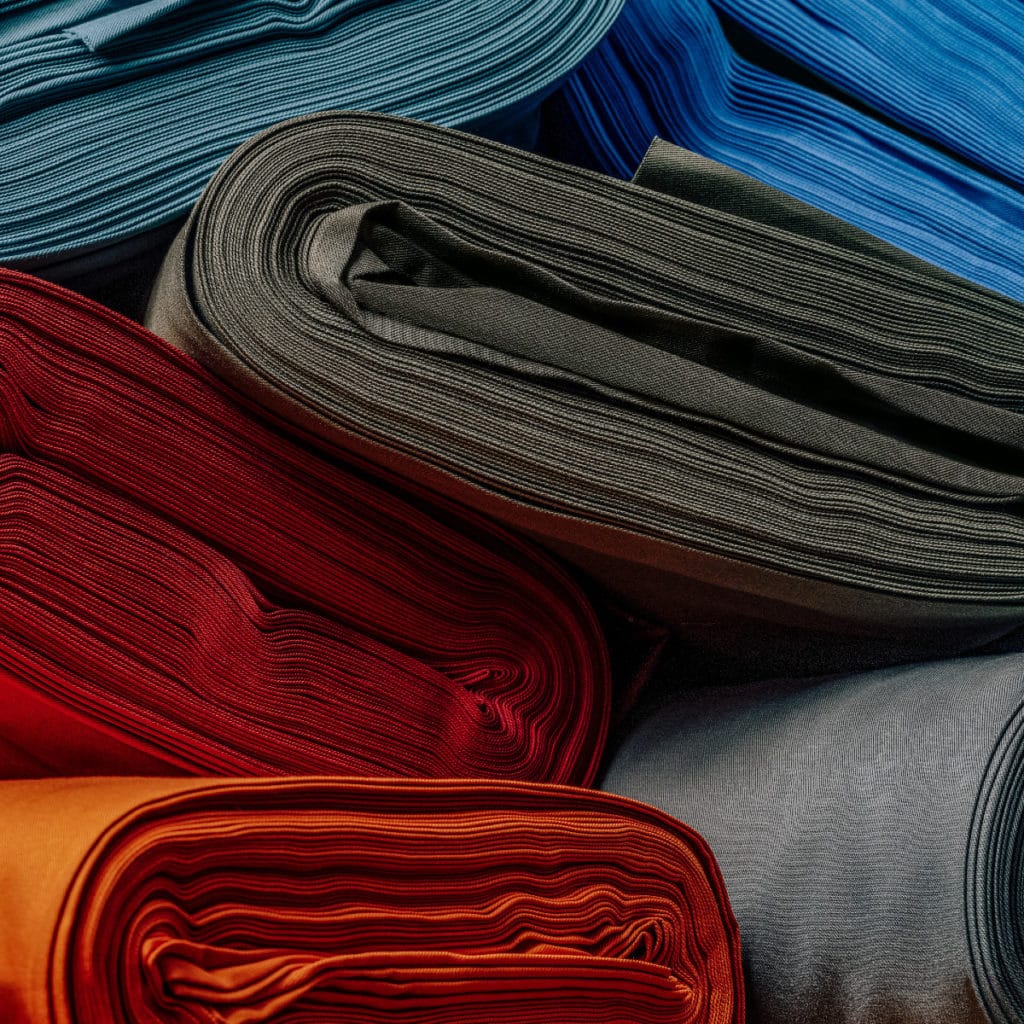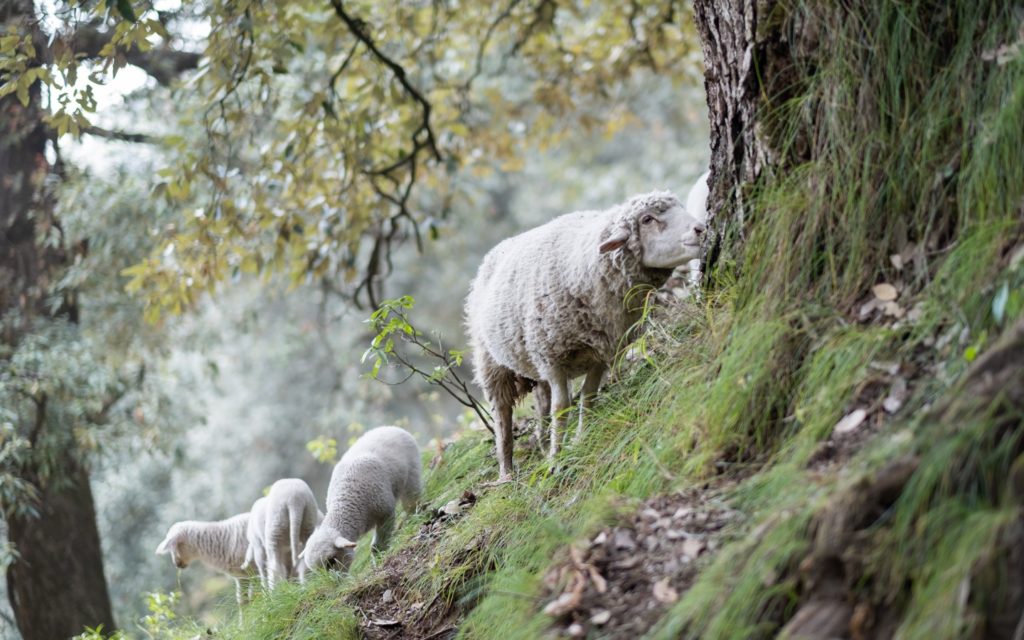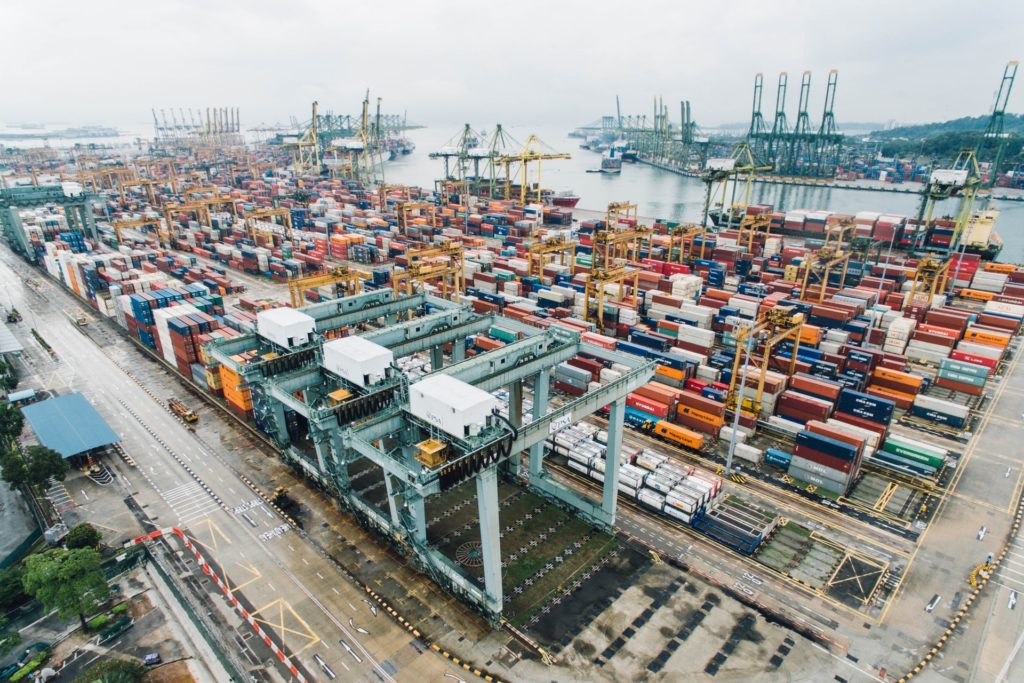At the COP26 Climate Conference, the apparel and textile industries strengthened their pledge to become carbon neutral by 2050. However, carbon emissions are only part of what the fashion industry needs to do to become more sustainable. As consumers, here’s how you can choose to buy, to drive sustainable change in men’s fashion today.
Go au natural when choosing fabric materials
It’s not just carbon emissions that matter. Microfibers from synthetic fabrics such as polyester, polyamide and nylon are microplastics that are shed when clothes are washed. Over 34% of microplastics in the oceans are from synthetic fabrics.
Naturally, the solution is to choose natural fabrics over synthetic ones. Wool, cotton, linen or blends of natural fibers do shed when washed as well, but they are biodegradable and therefore break down over time. Instead of opting for synthetic fabrics for your next suit, pick a natural fiber fabric from our collections instead. Choose a breathable wool fabric or opt for linen if you need something lighter for a warmer climate.

The process of colouring fabrics and production all carry an environmental impact. Always pick a natural fiber fabric when possible.
The process of fabric production also matters
Apart from carbon emissions, water is another significant resource used in the fashion industry. It’s used in the coloring of yarns and a multitude of other processes. Not only does this generate waste water, it needs to be treated before being cycled back for re-use or returned to replenish our waterways.
In terms of eco-friendliness, wool rates the highest when it comes to water and energy usage. The Woolmark Company, an industry standard, notes that it consumes 18% less energy than polyester to produce, and up to 70% less water than other natural fiber fabrics to make the same product. Wool is the OG eco-fiber and an ideal choice for the eco-conscious choosing their next suit fabric. If you think wool is too warm for summer, check out this range of fabrics from our latest collection.

Independent certifications such as the Responsible Wool Standard and Woolmark ensure traceability and responsible farming for the production of wool.
Responsible farming is another part of the eco-puzzle
The consumption of resources doesn’t just come from industry usage. Wool and other animal fibers need to be farmed, which requires other resources. To ensure that the farmed animals don’t exhaust the natural resources, responsible land management and complete traceability is adopted. The Responsible Wool Standard and Woolmark Company both offer independently audited certificates for wool production. At Officine Paladino, we only work with mills that are certified with these standards, to ensure that we are minimizing the impact of our production on the Earth.

Shipping and logistics constitute a big part of carbon emissions by the industry. Image by Chuttersnap/Unsplash.
Logistics requires even more attention from us
Because the finest wool farms are located far away from mills and merchants, logistics is a significant carbon emitter in the transportation of textiles and apparel. To minimize our carbon footprint, at Officine Paladino, we order our suit fabrics in optimal batches and on demand, and maintain some stock in key markets where our partner tailors are located.
This allows us to reduce our carbon footprint when it comes to transporting goods, and ensure minimal wastage of fabrics. Furthermore, we work with local schools such as the Raffles Design Institute in Singapore to provide unused or excess fabrics to their design students for use in studies, thus ensuring no cloth is discarded.
Sustainability is a broad term that encompasses many parts of any industry. Tailoring is a form of “slow fashion” that is highly sustainable, compared with High Street fashion brands. This is because tailored garments can be altered and adjusted over time, and styled in different ways to remain current.
Check out our lookbooks for more styling ideas, and start creating a more sustainable wardrobe with Officine Paladino today.




